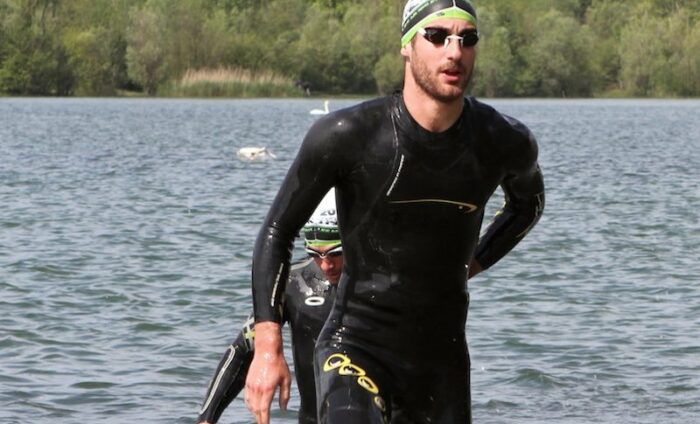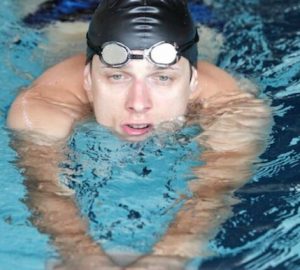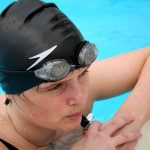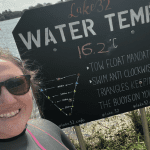
What are your tips for recovering after a marathon swim?
Our resident Olympian answers your swimming questions
If you run a marathon, they say it takes one day for every mile you’ve run to recover fully. What would be your equivalent rule of thumb for a marathon swim? And when you were racing, how did you recover after a 10km swim?
Jeremy Robinson
Coach Cassie says: This is a great question! Unlike running, swimming isn’t weight bearing so the overall impact of a 10km swim isn’t the same as if you were to run a marathon. That being said, I have finished many 10km swims feeling like I had been hit by a bus! The amount of time needed to fully recover is dependent on many factors, including: if you had warmed up well before the swim, your overall fitness, the speed and intensity of the swim, your age and if you have any injuries which might have been aggravated.
Let me give a bit more explanation, starting with warm up and cool down. This might sound obvious but warming up and cooling down need to be done properly to reduce the likelihood of injuring yourself and also to ensure your body has time to start its own natural recovery. I used to warm up on land for my 10km swims and not get in the water before the race started. Everyone is different on this, but for me it was mainly down to not wanting to get too cold after a warm-up swim before the event started. I would spend 3-5 mins skipping to raise my heart rate then complete a series of mobility exercises to warm up my arms, legs and core. See ‘How to warm up on land for swimming’ on outdoorswimmer.com.
The amount of training you have completed before going into the swim will have an effect on how long you take to recover. if you have spent sufficient time in ensuring your base fitness levels are good before a 10km you will find it less physically strenuous to complete the distance. This also is linked to how fast you can swim. If you intend on being competitive and are aiming for a specific time you will need to have put in the training hours beforehand.
As a general rule of thumb younger bodies tend to recover quicker than older ones, so if you are in your early twenties you might not feel that you need as long to recover as someone in their late 50s. This is also true if you have a recurring injury. I know when my tendonitis in my shoulder was sore it would be extremely aggravated after a long race and might take weeks to settle down again.
Taking this all into account there are things you can do to assist in post-race recovery
1) I would always recommend a good cool down. This doesn’t have to be in the water – if you spend 5-10 mins stretching your muscles after a swim your body will thank you the next day.
2) Rehydrate yourself. You will be surprised how much you sweat during a swim, so get some fluids on board as soon as possible, and try and steer clear of alcohol for 24-48 hours.
3) Eat a hearty protein and carbohydrate rich meal in the evening to replenish your body’s depleted stores.
4) Allow yourself time to rest and recuperate, try and go to bed early and take it easy in training for at least a week to allow your muscles to recover. Try to keep swimming in the week following a race but don’t go past 60% effort.
5) If you can book in a sports massage 2-3 days later, this is a great excuse to pamper yourself and a massage can really help ease any aches and pains.
I hope this all helps aid your recovery after your next big swim.
Cassie Patten won bronze in the first ever Olympic 10km marathon swim, in the Beijing 2008 Olympics. Cassie now coaches and is a commentator at open water events.
Twitter @cassiepatten
Email your questions to: editor@outdoorswimmer.com with the subject ‘Coach Cassie’








